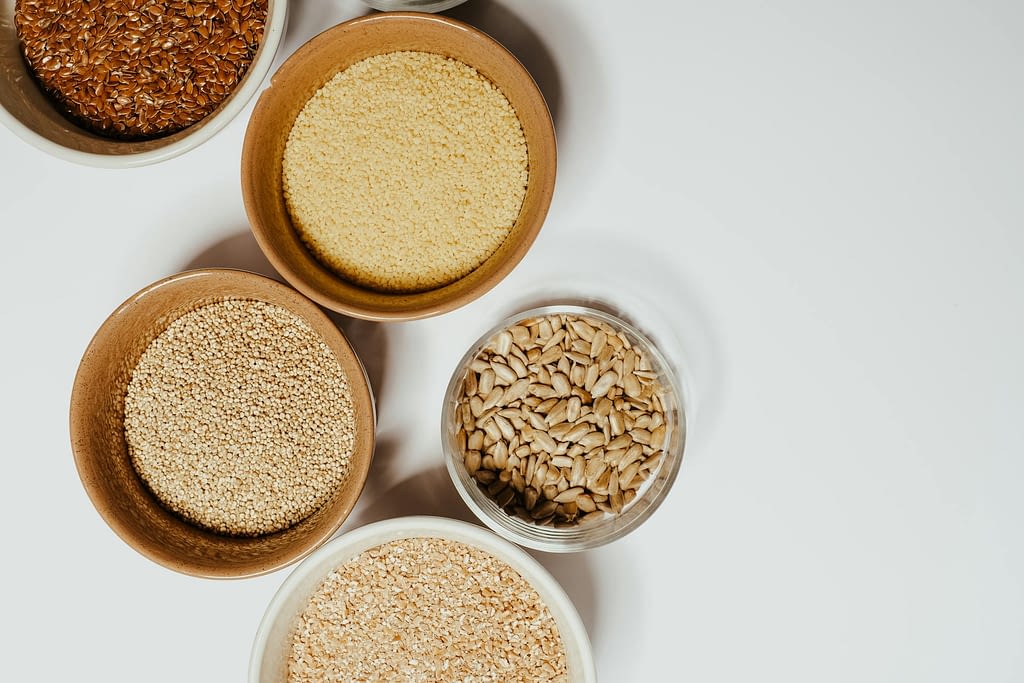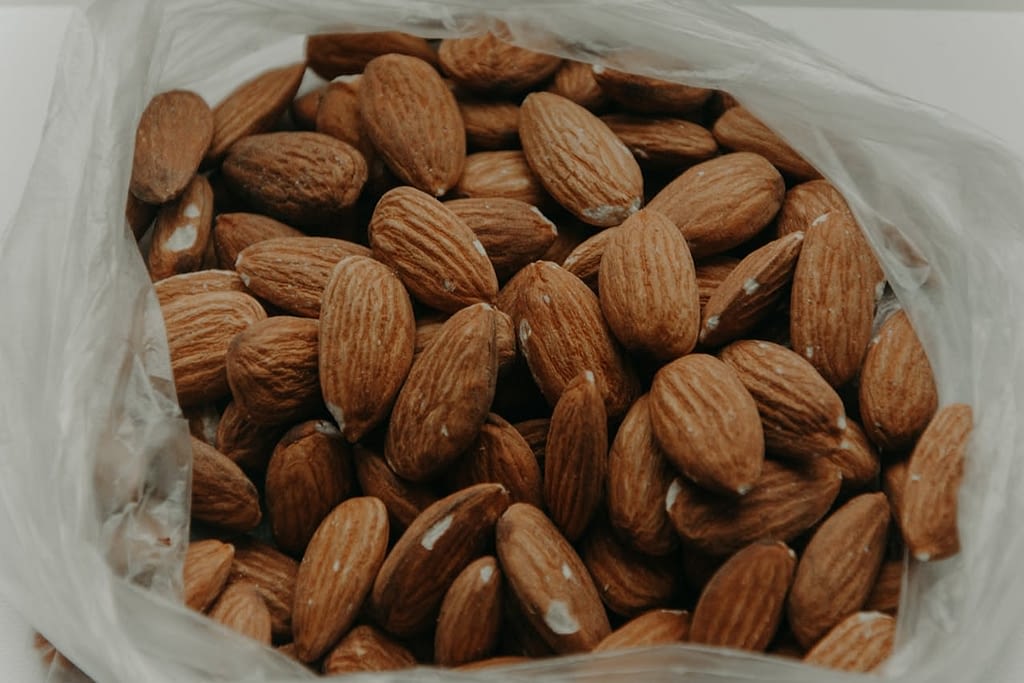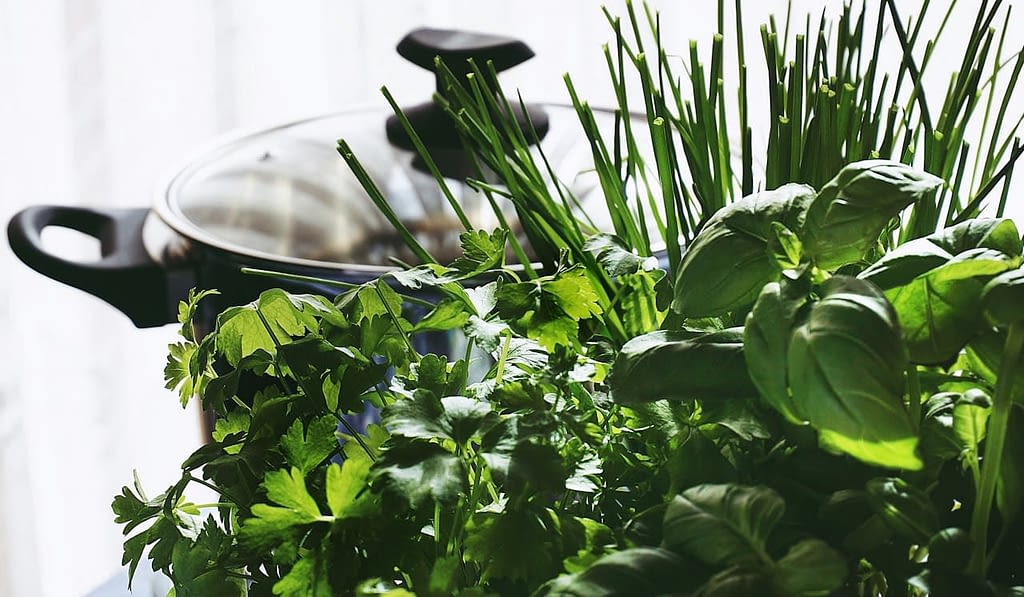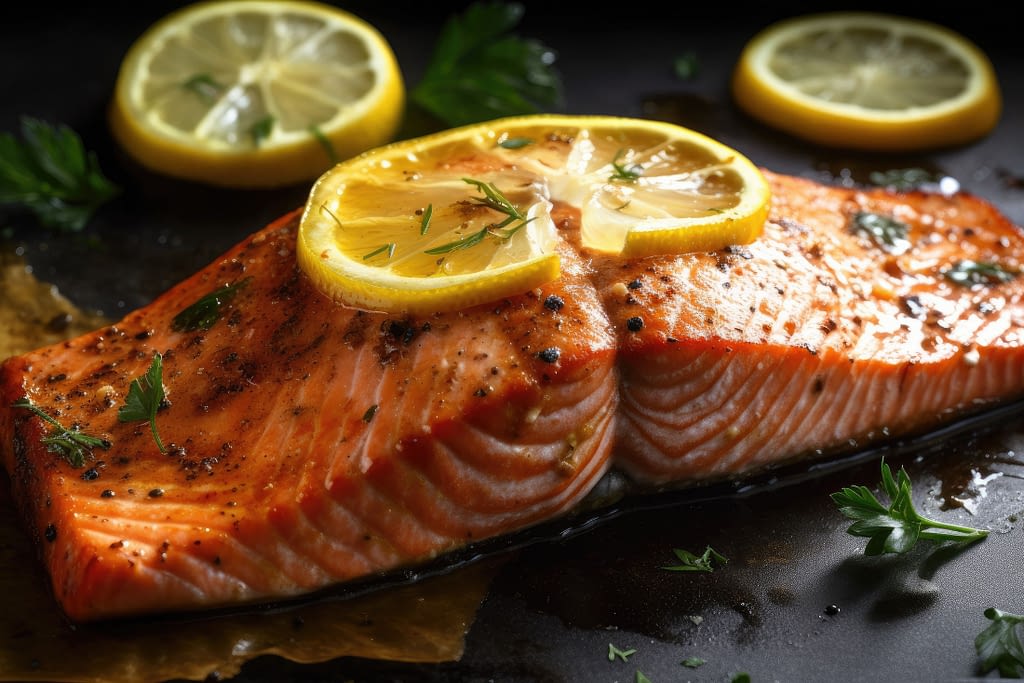5 Simple Mediterranean Diet Swaps for Everyday Meals
Embracing the Mediterranean diet doesn’t mean completely overhauling your meals. With a few easy tweaks, you can enjoy healthier, more flavorful dishes inspired by this renowned way of eating. Here are five simple swaps to make your everyday meals more Mediterranean.
Swap Vegetable and Seed oil for Olive Oil
In Mediterranean cuisine, olive oil reigns supreme over all other cooking oils including butter. It’s not just about flavour or price—it’s about health, too.

Why make the swap? Olive oil is rich in heart-healthy monounsaturated fats and antioxidants, which help reduce inflammation and support cardiovascular health. Unlike toxic, inflammatory seed oils such as soybean, corn, or sunflower oil, olive oil is a natural, minimally processed option that fits perfectly with the Mediterranean diet’s focus on whole, clean ingredients.
Use extra virgin olive oil for sautéing vegetables, drizzling over salads, or even as a dip for whole-grain bread. For baking, you can substitute olive oil for butter in many recipes—just use three-quarters of the amount. Keep a good-quality olive oil on hand to elevate your dishes with its rich, fruity flavour.
Click here for a 7-day meal plan for your Mediterranean Diet
Choose Whole Grains Over Refined Grains
Refined grains like white bread, pasta, and rice are staples in many diets but lack the nutrients of their whole-grain counterparts. This simple swap can make a big difference in your overall health and energy levels.

Why make the swap? Whole grains like farro, quinoa, and whole-wheat pasta provide more fibre, vitamins, and minerals, which help with digestion and keep you feeling full longer. These nutrients also help regulate blood sugar levels and promote heart health, which are key benefits of the Mediterranean diet.
Opt for whole-grain bread and pasta to replace their refined counterparts. Experiment with ancient grains like barley or bulgur as a base for salads or side dishes. For breakfast, try whole-grain oats topped with fresh fruit and a drizzle of honey. These Mediterranean diet swaps will bring more flavour and nutrition to your meals without sacrificing satisfaction.
Want to learn about Food Prepping on The Mediterranean Diet? Click Here
Find out what to put on your grocery shopping list
Replace Processed Snacks with Fresh, Whole Foods
Processed snacks are convenient but often loaded with unhealthy fats, salt, and sugar. Replacing them with fresh, whole Mediterranean options is a great way to nourish your body.
Why make the swap? Processed snacks are calorie-dense but nutrient-poor, which can lead to energy crashes and cravings. Fresh foods like nuts, seeds, and fruit provide natural energy, fibre, and essential nutrients. These options are satisfying and support overall well-being.

Keep a stash of almonds, walnuts, or pistachios for quick snacks—they’re packed with healthy fats and protein. Pair them with fresh fruit like figs, oranges, or grapes for a delicious Mediterranean-style snack. If you need something savoury, try hummus with raw vegetables like carrots, cucumbers, or peppers. These fresh alternatives will keep you energized and focused throughout the day.
Go for Fresh Herbs Instead of Salt
Salt is a common seasoning, but fresh herbs can add vibrant flavour to your dishes while keeping sodium levels in check. This swap is a cornerstone of Mediterranean cooking.

Why make the swap? Herbs like basil, oregano, rosemary, and parsley not only add complexity and freshness to meals but also come packed with antioxidants, vitamins, and anti-inflammatory properties. Reducing salt intake can lower blood pressure and promote heart health.
Read about the importance of Salt In The Mediterranean Diet here.
Use fresh herbs generously in salads, soups, and marinades. Try adding chopped parsley to grain salads, rosemary to roasted vegetables, or oregano to tomato-based sauces. Blend fresh herbs with olive oil, garlic, and lemon juice to create flavorful dressings or marinades. If you’re feeling adventurous, make your own herb blends like za’atar or herbes de Provence to add depth to your cooking.
Swap Red Meat for Fish or Plant-Based Proteins
While red meat is fine occasionally, the Mediterranean diet emphasizes fish and plant-based proteins like legumes as healthier protein sources.

Why make the swap? Fatty fish like salmon, mackerel, and sardines are rich in omega-3 fatty acids, which promote heart and brain health. Legumes like chickpeas, lentils, and beans provide a plant-based protein boost with fibre and essential nutrients, without the saturated fat found in red meat.
Aim for at least two servings of fish per week. Grill or bake fish with olive oil, lemon, and herbs for a simple and delicious meal. Incorporate legumes into soups, stews, or salads—for example, a chickpea and tomato salad with fresh herbs and feta cheese. Try replacing ground beef with lentils or black beans in dishes like tacos or pasta sauces for a healthier twist.
Start Your Mediterranean Journey Today
These simple Mediterranean diet swaps make transitioning to a healthier, Mediterranean-inspired way of eating easy. By focusing on fresh, wholesome ingredients and embracing the principles of this diet, you can enjoy delicious meals that nourish both your body and mind. Try one or more of these swaps this week, and savour the benefits of the Mediterranean lifestyle—one bite at a time!
Find out what the top 10 Mediterranean Diet foods here
Click here if you need some recipe inspiration to help you meal plan your new diet.







